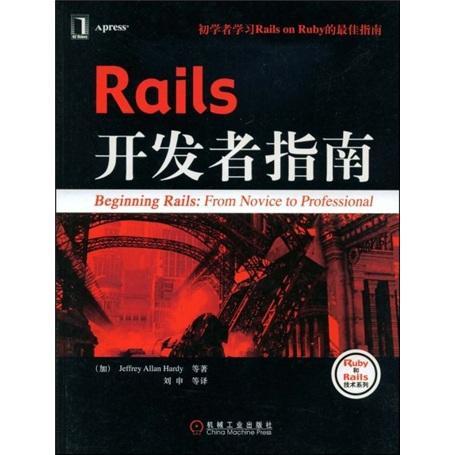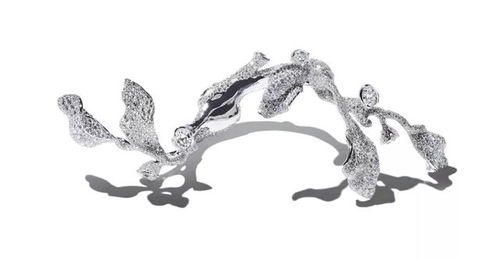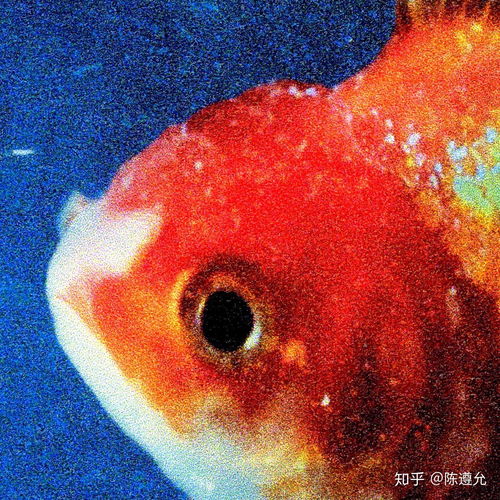Content:
Embarking on the journey of learning to fish can be an exciting yet daunting experience for the uninitiated. Whether you're drawn to the tranquility of a serene lake or the thrill of catching a big one in the ocean, mastering the art of fishing requires patience, practice, and a good understanding of the basics. Here's a comprehensive guide to help you, the aspiring "fisherman/woman," turn into a seasoned angler.
Understand the Basics
Before you can start fishing, it's crucial to have a basic understanding of the equipment and techniques involved. Here are some key points to get you started:
Fishing Gear: Familiarize yourself with the different types of rods, reels, lines, hooks, and lures. Each piece of equipment serves a specific purpose and is designed to target different types of fish.
Types of Fishing: There are various methods of fishing, including fly fishing, spinning, bait casting, and bottom fishing. Each method requires different techniques and equipment. Choose the one that interests you the most to begin with.
Safety First: Always prioritize safety, especially when handling sharp hooks and heavy equipment. Wear appropriate clothing and footwear, and be aware of your surroundings.
Learn the Basics of Casting
Casting is the fundamental skill in fishing. Here's how to get started:
Practice Casting: Find a quiet spot to practice casting without worrying about hitting anything. Hold the rod with a comfortable grip, and position your feet shoulder-width apart.
Backcast: Start by lifting the rod back, then flicking it forward to send the line out. Practice this motion until you can do it smoothly and accurately.
Forward Cast: Once you're comfortable with the backcast, practice the forward cast. The key is to keep the line tight and release it at the right moment.
Tension and Timing: The key to successful casting is maintaining tension in the line and timing the release. Practice until you can cast with precision.
Mastering Bait and Lures
Choosing the right bait or lure is essential for attracting fish. Here's what you need to know:
Natural Bait: Live bait like worms, minnows, or leeches can be effective, but they require more effort to prepare and can be more challenging to use.
Artificial Lures: Artificial lures come in various shapes and sizes and can be easier to use. Research the types of lures that are popular with the fish you want to catch.
Presentation: The way you present your bait or lure can make a big difference. Experiment with different retrieves, twitches, and pauses to see what works best.
Understanding Fish Behavior
To be a successful angler, you need to understand the habits and preferences of the fish you're targeting:
Research Your Target Fish: Learn about the feeding patterns, preferred depths, and habitats of the fish you want to catch.

Seasonal Changes: Fish behavior can change with the seasons. Adjust your tactics accordingly, as fish may move to different areas or feed at different times of the year.
Weather Conditions: Pay attention to weather conditions as they can significantly impact fish activity. Overcast days, cooler temperatures, and low light conditions can be more productive for fishing.
Patience and Practice
Fishing is a sport that requires patience. It's not uncommon to go hours without a bite. Here are some tips to help you stay focused and improve your skills:
Stay Positive: Maintain a positive attitude, and don't get discouraged by a slow day. Each outing is an opportunity to learn something new.
Keep Practicing: The more you fish, the better you'll become. Even on days when you don't catch anything, you're gaining valuable experience.
Join a Group: Consider joining a local fishing club or group. You can learn from more experienced anglers and share tips and techniques.
In conclusion, learning to fish can be a rewarding experience that brings joy and relaxation to your life. By understanding the basics, mastering casting techniques, choosing the right bait or lure, understanding fish behavior, and practicing patience, you'll be well on your way to becoming a skilled angler. So, grab your rod, tie on your line, and start your fishing journey today!












